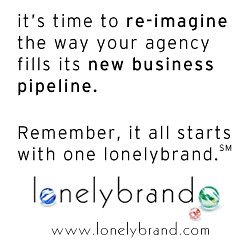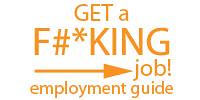 I like a lot of things in this world. Good food, great friends, funny pictures of cats on the Internet...
I like a lot of things in this world. Good food, great friends, funny pictures of cats on the Internet...As the Facebook Product Marketing Team introduces their omnipresent "like us" feature I can't help but wonder if their effort to bolster the semantic web is self defeating.
I'll make this quick, so bear with me.
If everything from presentations to individual images can be "liked" on Facebook, how long will it be before our feeds are polluted with unimportant likes? How long will it be until advertisers to find ways to require "liking" of something in return for value?
Semantics isn't all it's cracked up to be...
The problem is that "liking" something, in it's current form, has little or no value associated with it. When a product or service is recommended by word of mouth, a tangible reason is always attached. I recommend (like) my bank, ING Direct, because I can pick up the phone and talk to a real person with little or no hold time. I like Southwest Airlines because they don't charge me to check my bags. So how does Facebook create meaning where there is none?
 The currency of "like"
The currency of "like"At some point in the near future, I can see Facebook placing a cap on the quantity of things it's users can "like" in a given period. This is necessary to build meaning into an otherwise cacophonous menagerie of content. The next logical step in a for-profit company (we often forget Facebook's primary mission is to make money) will be to allow users to purchase more "liking" ability if they run out. Once this happens we enter a free market system where "likes" can be bought, sold, and traded.
Toss mobility into the mix, and before you know it you'll be paying your dry cleaning bill, gym membership and bar tab in "likes". Let the madness begin.
UPDATE: Check out www.likebutton.me for a conglomeration of all your friends' "likes" categorized and grouped for your consumption. Most of mine weren't of interest, supporting the idea that the semantic web isn't so semantic yet...
Nick Kinports (@ADMAVEN) has worked in the interactive technology world for over 9 years, and helps the Fortune 100 identify unmet consumer needs, create ideas to fill those needs, and bring them into market. He currently works at Maddock Douglas.




